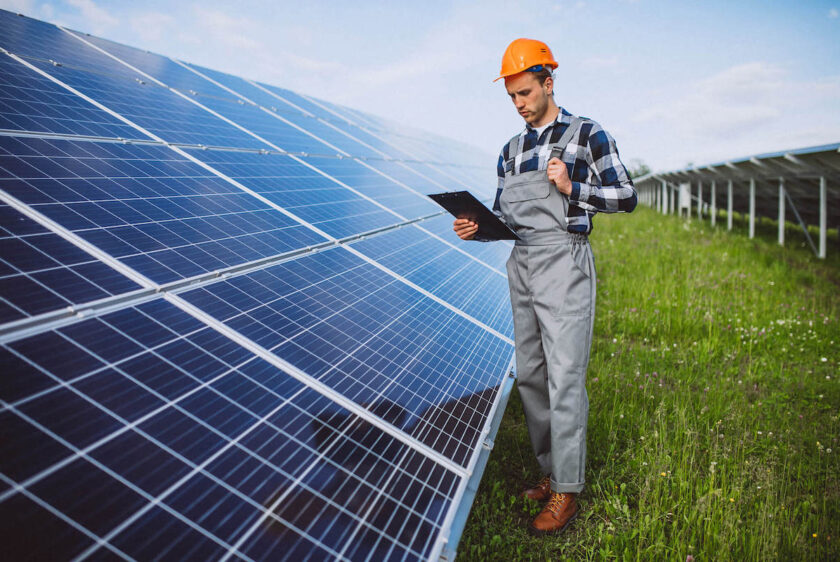24

Solar Panels: Sustainable Energy for the Future
Solar panels are one of the most efficient and sustainable ways to harness renewable energy sources. In recent decades, as awareness about the need to reduce harmful gas emissions and protect the environment has grown, solar energy has become increasingly popular as an alternative energy source for homes and businesses.
Solar panels use sunlight and convert it into electrical energy. This process is based on the photovoltaic effect, where sunlight falling on photovoltaic cells within the panel generates an electrical voltage. The energy produced can be used to power all electrical devices in a household or business, significantly reducing electricity bills.
One of the greatest advantages of solar panels is their ecological efficiency. Solar panels do not pollute the environment, emit harmful gases, or consume natural resources. By using the energy the sun provides us for free, we reduce dependence on fossil fuels and contribute to the reduction of global warming.
In addition to ecological benefits, solar panels offer significant economic advantages. Although the initial investment in installing a solar system is higher, in the long run, they bring substantial savings in energy consumption. Over time, solar panels pay off through lower monthly electricity bills, and in many countries, there are subsidies and tax breaks that make this technology even more accessible.
Installing solar panels also increases the value of a property. As there is growing demand for energy-efficient and environmentally-friendly options, homes and buildings with solar systems become more attractive in the real estate market.
In conclusion, solar panels are not only a technologically advanced and environmentally-friendly way to generate energy, but also a smart financial choice. Investing in solar energy is a step toward a more sustainable future, both for us and for future generations.


